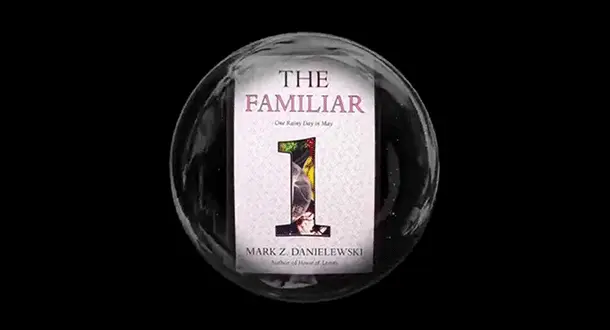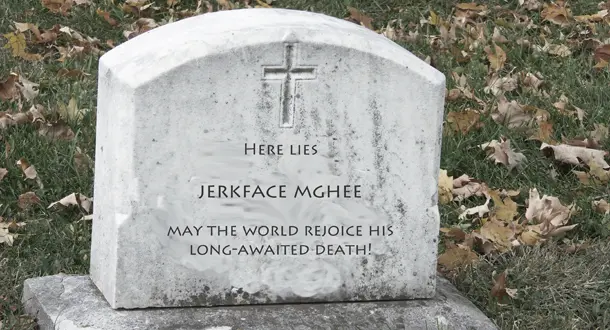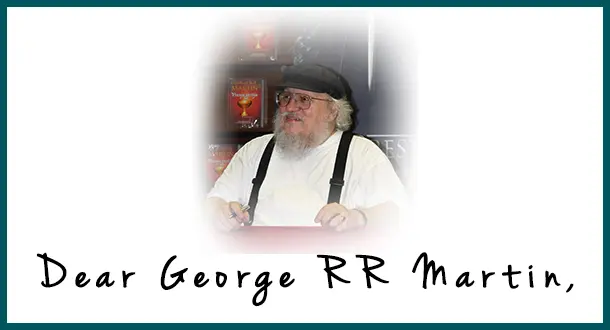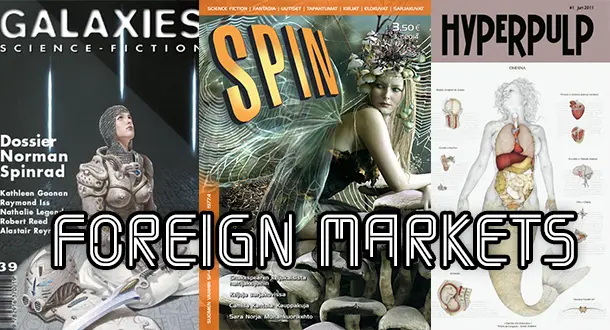Menu
Columns
Showing 3546 Columns
Showing 3546 Columns
May 14th, 2015

all images © Logitech.com About a year ago, I reviewed the Logitech Ultrathin Keyboard Cover for iPad Air, a sleek piece of tech that made writing on the iPad a breeze.
Read Column →May 14th, 2015

The filmmaker David Cronenberg, a man you could reasonably say is obsessed with transformation, begins an essay on the subject in the Paris Review like this: I woke up one morning recently to discover that I was a seventy-year-old man.
Read Column →May 13th, 2015

On September 15, 2010, it was announced that Mark Z. Danielewski was working on a twenty-seven volume serial novel about "a twelve-year-old girl who finds a kitten." The internet's collective head
Read Column →May 12th, 2015

On a sunny day in early March, I met a guy. No, no, not like that. Shut up.
Read Column →May 8th, 2015

First Warning: MAJOR Spoilers Ahead You hear this advice given to writers all the time: create complicated, realistic characters in your fiction. No one likes a one-dimensional, one-note hero—give us depth, let us empathize.
Read Column →May 8th, 2015

Is Facebook Mephistopheles, or a misunderstood trendsetter? Whichever the answer, there are certainly changes afoot in the media industry. What began as rumor in 2014 appears now to be on the brink of confirmation: the social media giant wants to sign contracts with an eclectic group of media organizations, including the New York Times, BuzzFeed, and National Geographic.
Read Column →May 7th, 2015

Published in 1953, Arthur Miller’s The Crucible has become a cornerstone of American theatre. The play portrays (with historical changes) the Salem witch trials of 1692 and 1693, and was a response to the House Un-American Activities Committee. The committee questioned Miller in 1956 about his political activities and later convicted him for refusing to give up the names of those who attended political meetings with him.
Read Column →May 7th, 2015

Today is my mother’s birthday. She would have been 97. I didn’t pitch this column based on this personal landmark, though, but rather on the national holiday called Mother’s Day. I’ve always been ambivalent about Mother’s Day. Who isn’t, except perhaps for the nation’s 86 million mothers? It’s likely far fewer.
Read Column →May 6th, 2015

Hey readers. I avoided any explicit spoilers for the books, but there may be some unwanted hints. Bear that in mind when deciding whether or not to read this.
Read Column →May 6th, 2015

The number of markets that pay for reprints (or even accept them) is pretty low. Typically, once you’ve sold the First English Rights to a story, you’re looking at much lower pay and a much harder sell for any further publication. There is, however, an alternative: Non-English speaking venues. Not all of them are paying markets, but even if you're just getting contributor's copies for your story, they will translate your work for free and you will get a wider audience and more exposure. You're leaving money on the table by ignoring these.
Read Column →Submitting your manuscript?
Professional editors help your manuscript stand out for the right reasons.
